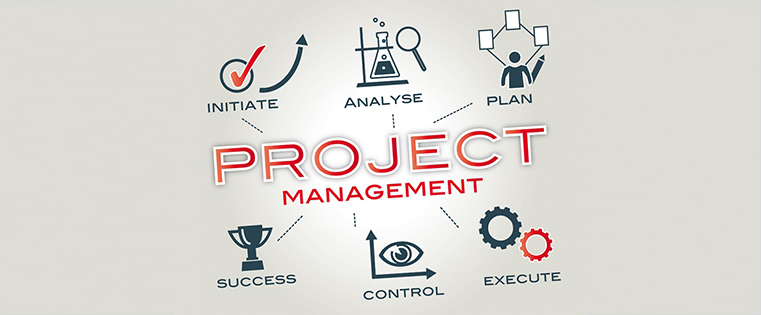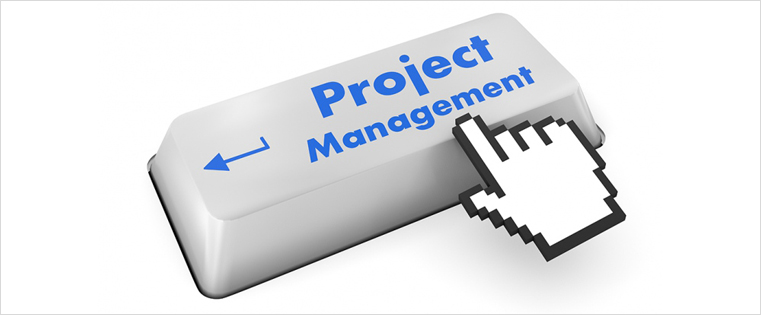Role of Project Manager in Project Management Life Cycle

Project managers (PMs) play a key role in steering a project to success. He drives the team and helps them decide what, when, and how a project should be executed.
Here I would like to share the project managers’ role in the project lifecycle and how projects would be without PMs. I will be trying to fit them in our three-phase development process so that it is understandable.
1. Know about the Stakeholders
Once the project is awarded, the PM does research and collects information about the customer. Also he finds out the key stakeholders who are involved in the project and their roles and responsibilities in the project.
If PM is not part of the team, then the team is in isolation; they would not know to whom to deal with at the customers’ end, whom to submit the deliverables to and who would do the reviews and give approval. They would not know the right person to address their queries related to the project; if they were to direct their queries to the wrong person, there are chances that the team gets the wrong information, which would ultimately result in the failure of the project.
2. Understand the Project
A PM understands the project requirements and explains to the team what is expected of them. He acts as a liaison between the internal team and stakeholders throughout the lifetime of the project. He makes sure that the team is working toward meeting the client expectations. The PM creates the project scope with the customer expectations and deliverables. He shares the scope with the customer and after taking approval from the customer communicates the same to the internal team to follow and meet the customer expectations. Finally, the product will be delivered with good quality.
Without a PM, there is bound to be communication gap between the team and stakeholders. Every project owner will have his or her own expectations when they feel the need for a project. If the final product delivered to the client does not meet up to their expectations, then for developers like us, this implies much rework and extra cost. It is in this context that the role of the PM becomes vital. The PM is the connector between the client and the team. If there is no clear scope, then what the team delivers will not align with what the client expects. Consequently, the project is likely to fail.
3. Explain our Process
A PM will explain the development process to the team in the kick-off meeting connected to the project. Stakeholders will know the various phases that the project will go through and understand what to expect at the end of each phase. Accordingly they also get prepared to perform reviews on the submitted deliverables.
If a PM does not contribute to this phase, then stakeholders are not aware of the process. They will be completely at a loss to understand when to expect what from the team. They also will not be aware of the timelines of the project phases.
4. Project Planning
PMs prepare the plan by checking the availability of the team, SMEs and reviewers. This plan clearly mentions what the deliverables are and when they will be ready for review so that the SMEs and reviewers schedule their tasks according to the plan.
If the PM does not play a role in scheduling the project then the team concentrates only on their individual deliverables; A PM, on the other hand, will keep track of the main deliverables for the customers’ perspective. Also, without proper planning and a schedule in place, the team is not aware of what and when to submit. It is the same with the stakeholders and SMEs – they will not have the slightest clue when they will content for reviews and approvals. All these result in the delay of the project and the product cannot be delivered to the client on time.
5. Control Time, Cost, and Quality
In this phase, a PM plays a key role between the internal teams and stakeholders to meet the timelines with good quality and within the budget. He will monitor the project scope and ensure that no error creeps into the scope of the project. Also, the PM follows up with the stakeholders to get the feedback on time.
If the PM is not contributing to this this phase, then the internal team is not able to keep a track on the time and budget of the project. The PM makes a constant check on these aspects of time, cost and quality that when he finds even one of them going out of track, he alerts the parties concerned and pulls them back on track. By doing this we can ensure that we deliver the right product to the customer at the right time and within the decided budget.
Project closure
This is the last phase of the project and an important one too. Once the product is delivered to the customer, the PM is responsible for collecting the feedback from them. Only this feedback from the customer will determine the success or failure of the project. Once the feedback is collected, the PM is again responsible in getting the team together in a closure meeting to let them know the customer’s feedback, good or bad. This is a sure and certain way of keeping the team motivated and also ensuring that future projects are done in the right way.
A PM therefore acts as a liaison between the internal team and stakeholders of a project. I have brought out the importance of PMs and their indispensable role in the successful conduct of an e-learning project. Hope you find this blog informative; please do share your thoughts on this.





